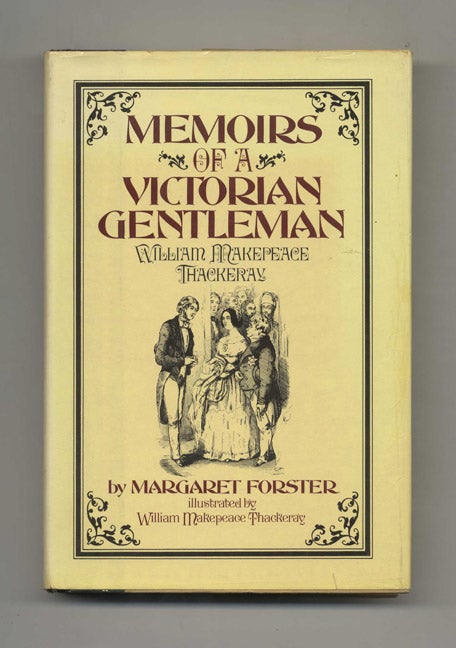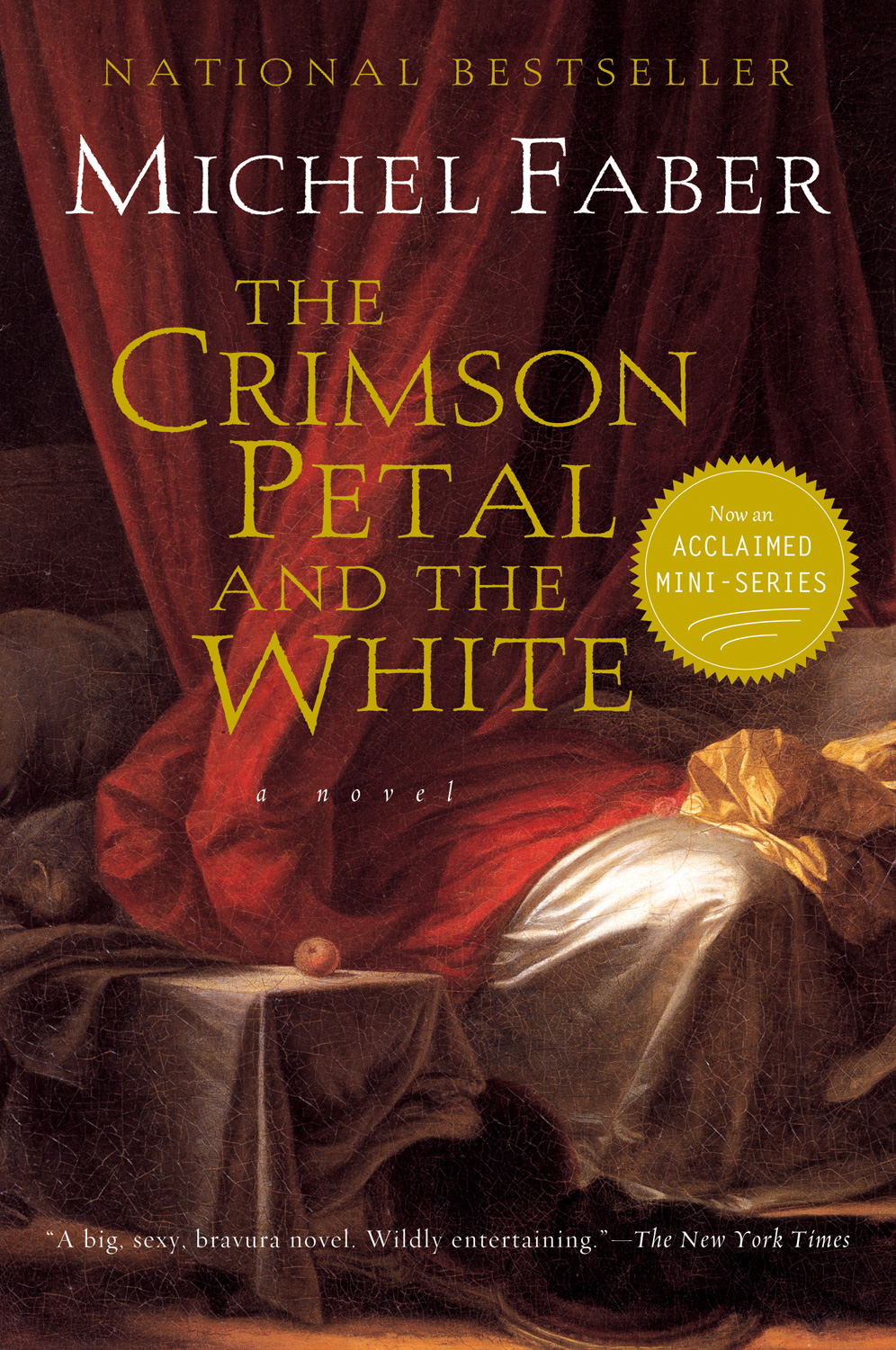The Recollections and Memoirs of Victoria is a fascinating collection of personal accounts that offer a unique glimpse into the life of Queen Victoria, one of the most influential monarchs in British history. These memoirs, compiled from various sources, provide an intimate look at the private life of the queen, offering insights into her relationships, daily routines, and personal struggles.
From the private letters and diaries of those closest to her, including her husband Prince Albert and her children, these recollections paint a vivid picture of the queen's life beyond the public eye. The stories shared within these pages reveal a complex and multifaceted individual, whose public image as a stoic and dignified monarch belied a more nuanced and emotional personality. As we delve into these memoirs, we gain a deeper understanding of the woman behind the crown, and the personal experiences that shaped her reign.
what are some of the most famous memoirs written by victorians
 Some of the most famous memoirs written by Victorians include:
My Secret Life by "Walter" - This memoir is a detailed account of the author's sexual experiences and development during the Victorian era. It is considered one of the most explicit and frank discussions of sexual matters during that time.
The Memoirs of Victorian Working-Class Women - This collection of memoirs offers a unique perspective on the lives of working-class women during the Victorian era, providing insights into their struggles and experiences.
The Diary of a Victorian Lady - This memoir, written by Isabella Walker, chronicles her life as a widow and her infatuation with a married man, which led to a highly publicized trial that challenged the social norms of the time.
These memoirs offer a glimpse into the private lives of Victorians, revealing the complexities and contradictions of the era, and provide valuable insights into the social and cultural context of the time.
Some of the most famous memoirs written by Victorians include:
My Secret Life by "Walter" - This memoir is a detailed account of the author's sexual experiences and development during the Victorian era. It is considered one of the most explicit and frank discussions of sexual matters during that time.
The Memoirs of Victorian Working-Class Women - This collection of memoirs offers a unique perspective on the lives of working-class women during the Victorian era, providing insights into their struggles and experiences.
The Diary of a Victorian Lady - This memoir, written by Isabella Walker, chronicles her life as a widow and her infatuation with a married man, which led to a highly publicized trial that challenged the social norms of the time.
These memoirs offer a glimpse into the private lives of Victorians, revealing the complexities and contradictions of the era, and provide valuable insights into the social and cultural context of the time.what are some of the themes explored in victorian memoirs
 Victorian memoirs, particularly those written by working-class women, explore a range of themes that reflect the social, cultural, and economic conditions of the time. Some of the key themes include:
Struggles of Working-Class Life: Memoirs of Victorian working-class women often detail the harsh realities of poverty, long working hours, and limited access to education and social services, highlighting the challenges faced by those at the lower rungs of society.
Gender Roles and Expectations: These memoirs frequently discuss the societal pressures and expectations placed on women, particularly in terms of domesticity, marriage, and childbearing, as well as the limited career options and social mobility available to them.
Education and Social Mobility: The impact of the Education Act of 1870 on working-class women's access to education and the subsequent opportunities it opened up for them are significant themes in these memoirs.
Domestic Abuse and Violence: Many of these memoirs touch on the experiences of abuse and violence faced by working-class women, often in the context of their domestic lives, and how these experiences shaped their lives and perspectives.
Religion and Spirituality: The role of religion in the lives of Victorian working-class women is another theme explored in these memoirs, including how faith influenced their daily lives and coping mechanisms.
Autobiographical Narratives and Self-Representation: Memoirs of Victorian working-class women also explore the ways in which these women represented themselves through their writing, often challenging traditional notions of autobiography and self-representation.
Class and Social Status: The memoirs frequently discuss the social hierarchies and class divisions prevalent during the Victorian era, highlighting the differences in lifestyle, opportunities, and experiences between the working class and the upper classes.
These themes offer valuable insights into the lives and experiences of Victorian working-class women, shedding light on the social, economic, and cultural contexts that shaped their lives and the ways in which they navigated these challenges through their writing.
Victorian memoirs, particularly those written by working-class women, explore a range of themes that reflect the social, cultural, and economic conditions of the time. Some of the key themes include:
Struggles of Working-Class Life: Memoirs of Victorian working-class women often detail the harsh realities of poverty, long working hours, and limited access to education and social services, highlighting the challenges faced by those at the lower rungs of society.
Gender Roles and Expectations: These memoirs frequently discuss the societal pressures and expectations placed on women, particularly in terms of domesticity, marriage, and childbearing, as well as the limited career options and social mobility available to them.
Education and Social Mobility: The impact of the Education Act of 1870 on working-class women's access to education and the subsequent opportunities it opened up for them are significant themes in these memoirs.
Domestic Abuse and Violence: Many of these memoirs touch on the experiences of abuse and violence faced by working-class women, often in the context of their domestic lives, and how these experiences shaped their lives and perspectives.
Religion and Spirituality: The role of religion in the lives of Victorian working-class women is another theme explored in these memoirs, including how faith influenced their daily lives and coping mechanisms.
Autobiographical Narratives and Self-Representation: Memoirs of Victorian working-class women also explore the ways in which these women represented themselves through their writing, often challenging traditional notions of autobiography and self-representation.
Class and Social Status: The memoirs frequently discuss the social hierarchies and class divisions prevalent during the Victorian era, highlighting the differences in lifestyle, opportunities, and experiences between the working class and the upper classes.
These themes offer valuable insights into the lives and experiences of Victorian working-class women, shedding light on the social, economic, and cultural contexts that shaped their lives and the ways in which they navigated these challenges through their writing.how did victorian memoirs differ from earlier forms of autobiography
Victorian memoirs differed from earlier forms of autobiography in several key ways. One significant distinction was the shift from a focus on spiritual or philosophical themes to a more emphasis on personal experiences and everyday life. This change was influenced by the growing popularity of the novel and the rise of the middle class, which led to a greater interest in the lives of ordinary people. Another significant difference was the increasing awareness of social divisions and their impact on the self. Victorian autobiographers, particularly those from socially marginal positions such as the working class, women, or the colonized, wrote about their experiences with a greater awareness of the effects of social hierarchy on their lives and identities. Additionally, Victorian memoirs often adopted a more introspective and self-analytical approach, reflecting the growing influence of Romanticism and the emphasis on individualism. This introspection led to a greater exploration of personal emotions, relationships, and psychological struggles, which was a departure from earlier forms of autobiography that focused more on spiritual or philosophical themes. Lastly, the Victorian era saw a significant increase in the publication of memoirs and autobiographical writings, which was driven by a growing market for such works and a desire for heroes in a time of spiritual crisis. This increased public interest in autobiography contributed to its growing status as a distinct literary genre.
It is with much anticipation and a great sense of accomplishment that we at EUROHISTORY announce the release to the printer of our latest book, in fact our 33rd book!
RECOLLECTIONS – The Memoirs of Victoria Milford Haven, Formerly Princess Louis of Battenberg promises to be yet another must-have in the long line of books published by our small publishing house.
Expanded and annotated by Ilana D. Miller and Arturo E. Beéche the book contains the memoirs of one of the most intriguing and exceptional granddaughters of Queen Victoria: Victoria, Dowager Marchioness of Milford Haven.
Born Princess Victoria of Hesse and by Rhine in 1863, she became one of her English grandmother's most frequent correspondents, as well as a surrogate mother to her younger siblings after the untimely death in 1878 of their mother, Grand Duchess Alice of Hesse. Married in 1884 to her father's first cousin, Prince Louis of Battenberg, Victoria soon became a witness to some of the most momentous historical episodes of her lifetime. Her thoughts (open, frank, no-nonsense, clear) are to be found inside the 280-page book containing her memoirs, her "recollections." The book has been handsomely illustrated with nearly 400 exquisite images sourced from various archives, family collections, as well as the incomparably vast EUROHISTORY Royal Photographic Archive.
We expect RECOLLECTIONS – The Memoirs of Victoria Milford Haven, Formerly Princess Louis of Battenberg out in early December 2020....stay tuned for further purchasing information. As usual, the book will be available at our website:
Our other resellers (Hoogstraten English Bookstore, Librairie Galignani, Amazon. com and Amazon.co.uk) will also have copies for you to conveniently purchase!
As we conclude our exploration of the Recollections and Memoirs of Victoria, we hope that you have gained a deeper understanding of the life and reign of Queen Victoria, one of the most influential monarchs in British history. These memoirs offer a unique glimpse into the private life of the queen, revealing the complexities and nuances of her personality beyond the public image of a stoic and dignified monarch.
Through the private letters and diaries of those closest to her, including her husband Prince Albert and her children, these recollections paint a vivid picture of the queen's life beyond the public eye. The stories shared within these pages reveal a multifaceted individual, whose public image belied a more emotional and personal life. As we reflect on the significance of these memoirs, we are reminded of the importance of understanding the personal experiences that shape the lives of historical figures like Queen Victoria. By exploring these recollections and memoirs, we gain a deeper appreciation for the complexities of the past and the ways in which they continue to influence our understanding of history today.






No comments:
Post a Comment